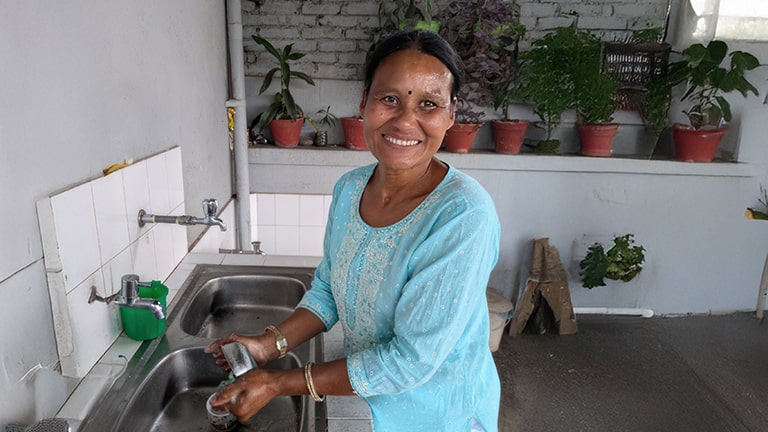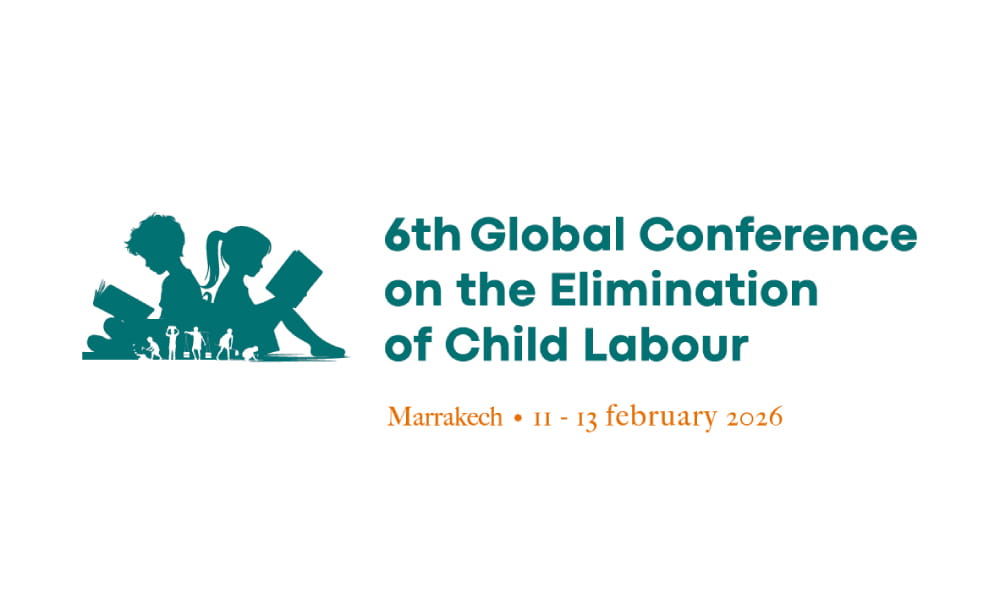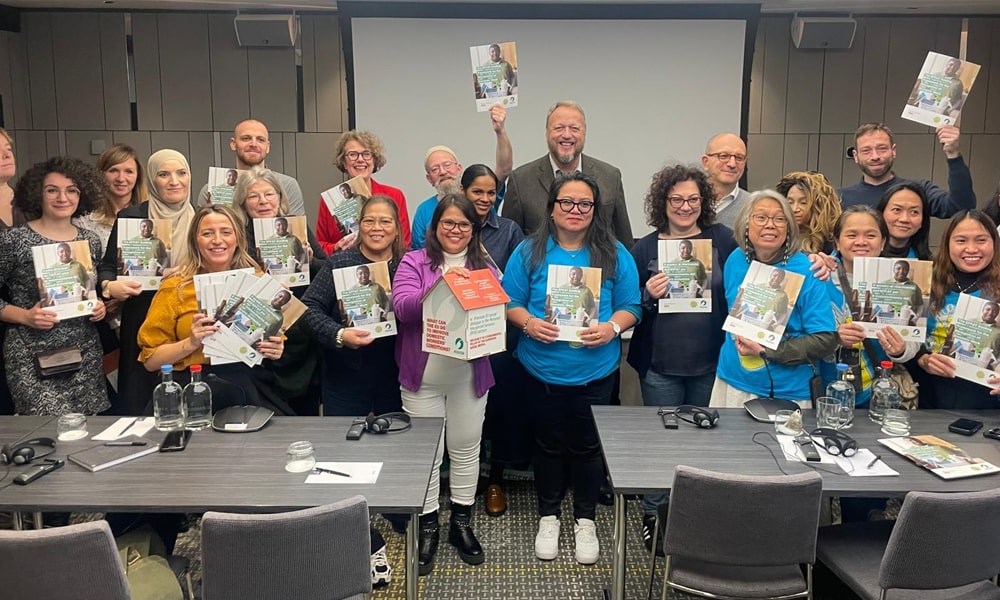Two Domestic Workers Behind the Medalists Who Made History

Rebeca Andrade became the most decorated athlete in Brazil’s history, winning one gold, two silver, and one bronze medal at the Paris 2024 Olympic Games. Peruvian sailor Stefano Peschiera also made history, earning a bronze medal in Paris, marking his country’s return to the Olympic podium after 32 years. She is a Black woman from a humble background and tough life. He comes from a wealthy family and a life without major hardships. However, they share something in common beyond sports: neither of them would be where they are today without the two domestic workers who supported their paths to success.
Doña Rosa’s Daughter
Gymnast Rebeca Andrade captivated the world in Paris with her skill, power, and charisma, but she moved it to its core with her story of perseverance and resilience, in which “Doña Rosa” takes all the gold medals. The life of this new global star of artistic gymnastics was not easy, and perhaps her success wouldn’t have come without the support of her mother, domestic worker Rosa Santos.
Rebeca was born in Vila Fátima, São Paulo, where from an early age she stood out for her unusual agility among the children playing in the dirt streets. But her mother Rosa, a domestic worker and the sole provider for her five children, never even dreamed that her daughter could pursue artistic gymnastics, a sport traditionally out of reach for working-class families. In the early 2000s, São Paulo’s municipality launched a sports scholarship program for underprivileged children, and Rebeca’s aunt Cida, who worked as a cook at the gym where athletes trained, begged for her niece to be given a chance. As soon as the coach saw her move, she knew that this energetic little girl would go far.
A new path opened up for Rebeca, but it was filled with obstacles she could not have overcome without the support and sacrifice of her mother. Since they couldn’t afford bus fare, Rebeca walked two hours each way to training, accompanied by her 15-year-old brother Emerson. At the time, Doña Rosa worked three jobs to put food on the table and fund her daughter’s athletic career. She would rise before dawn to prepare breakfast and then head to her first job in a private household, leaving the younger children in the care of the older ones. At midday, she rushed to another home where she worked until 6 p.m. From Thursday to Sunday nights, she worked nights at a pizzeria. This monumental effort allowed her to buy a secondhand bicycle so Emerson could take Rebeca to training.
At 13, Rebeca won Brazil’s national gymnastics championship. At 16, she won her first four medals at the World Cup, which later totaled nine. However, in the midst of a rising career, Rebeca suffered several serious injuries and underwent three surgeries that made her consider quitting the sport. But her mother was always there, giving her the strength to keep going. It’s no surprise that at the height of her career, after standing on the podium four times at the Paris Olympic Games, Rebeca Andrade looked into the crowd and dedicated her triumph to the great Doña Rosa.
“My mother is a strong woman who did everything for her children, teaching us to believe in ourselves. What really matters I learned at home. She always told me I could be anything I wanted, and those words have stayed with me to this day. My mother gave me the confidence, security, and strength that brought me here. In the hardest times, when I even thought about quitting, I remembered my mother’s voice, Doña Rosa, telling me she was with me and wouldn’t let me fall: ‘You can achieve anything you set your mind to, Rebequinha, fly high.’ I flew, and I made it. She is the real champion. She is everything to me,” Rebeca says through tears.
Despite the difficulties she has faced in her life, Doña Rosa never lost her optimism and strength. For her, it’s all about gratitude: “Our life is a miracle. God had a purpose for us, and He fulfilled it. Everything comes at the right time; you just have to trust. This gold medal doesn’t change my life but increases my faith because God gave us more than we expected. I raised my daughter with that faith.”
“Sea Penguin”
The crowd waiting for Olympic sailor Stefano Peschiera at Lima’s Jorge Chávez airport erupted in joy when they saw him hand his bronze medal to his nanny, Piedad. The athlete moved everyone with his gesture of recognition and gratitude toward the domestic worker who played a key role in his life.
Piedad was present in every moment of Stefano’s life and sporting career since he was five years old. She looked after him while his parents focused on their professional activities, helped him with schoolwork, prepared his meals, took him to sailing practice and tournaments, and even accompanied him as the responsible adult to his first Olympics in Rio de Janeiro in 2016. Piedad is “like family” to the Peschiera family, given the affection and trust they have for her. But above all, she is a worker with rights, something that was always respected in Stefano’s home, even when Peru didn’t yet have a law protecting domestic workers (a law equalizing their rights with those of other workers was passed in 2020).
“Piedad is very special to me because she has been with me since I was born and raised me. Her values are the ones I hold today. She taught me to be a believer and instilled in me the importance of humility. And, as if that weren’t enough, she is an amazing cook. I won’t eat ají de gallina from anyone but her,” Stefano says.
Stefano Peschiera was born in 1995 into an upper-middle-class family and was raised in an exclusive neighborhood in Lima. He was Peru’s flag bearer at the opening ceremony of the 2019 Pan American Games in Lima. In 2023, he participated in the Pan American Games in Santiago, where he won a gold medal. He has also competed in the Olympic Games in Rio 2016, Tokyo 2020, and Paris 2024, where he made his mark on Peruvian sports history and earned the sports laurels, the highest award the government gives to an athlete, which includes having his name inscribed on the façade of the National Stadium.
At these Olympics, the “sea penguin,” as Piedad nicknamed him, followed his beloved nanny’s advice: “Don’t fly too low, or you’ll get your wings wet, and you won’t be able to fly.” Stefano flew high and won the bronze medal. But in his personal life, he’s grounded, like a true penguin. With his humility and kind heart, he has earned the affection of the Peruvian people and the world.
In Brazil, a poor domestic worker and single mother made unimaginable sacrifices and overcame countless adversities to make her daughter’s dream a reality. Doña Rosa and Rebeca are symbols of the perseverance and resilience that run in the veins of domestic workers. They are the living embodiment of “Yes, we can.”
In Peru, a wise and loving domestic worker instilled in the boy she cared for the values of hard work, modesty, and empathy that led him to glory. Piedad and Stefano are a testament to the tremendous impact domestic workers can have on the lives of those they care for.
Different worlds, separated by a socioeconomic abyss, but united by the caregiving work -paid and unpaid- of two women who helped these athletes soar to great heights, both as sportspeople and as human beings. Gold medals for Doña Rosa and Piedad!






